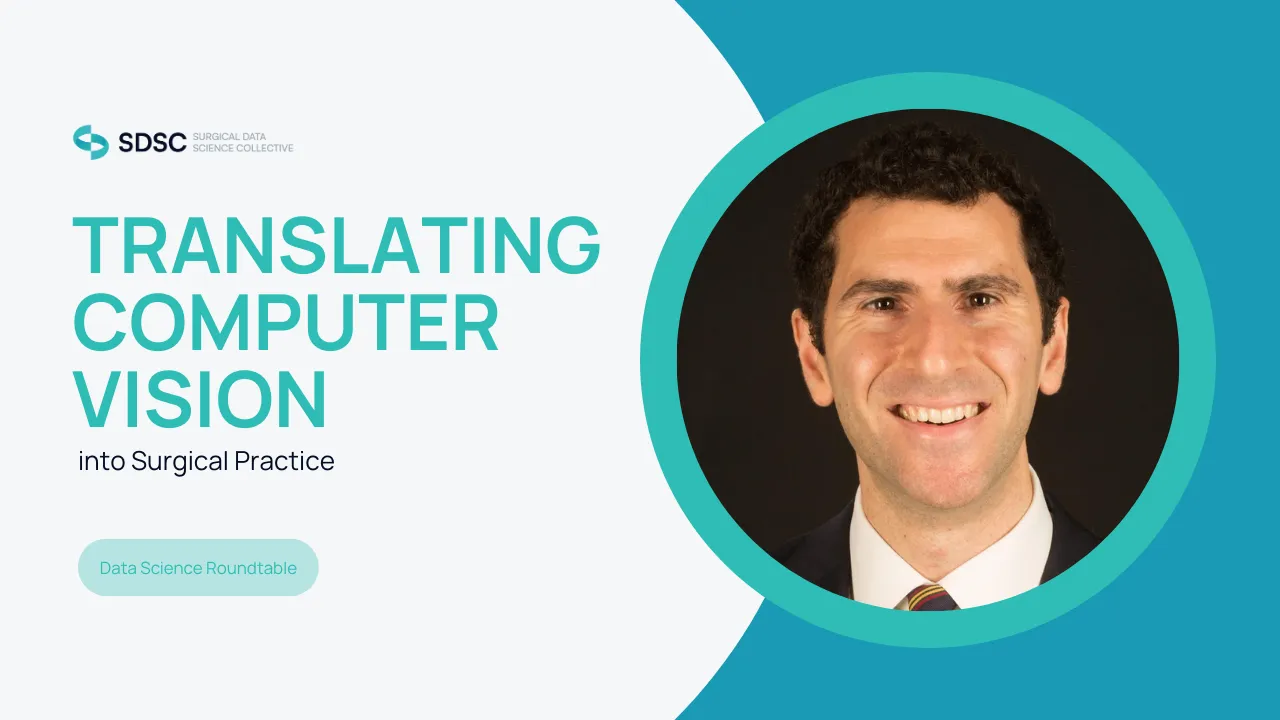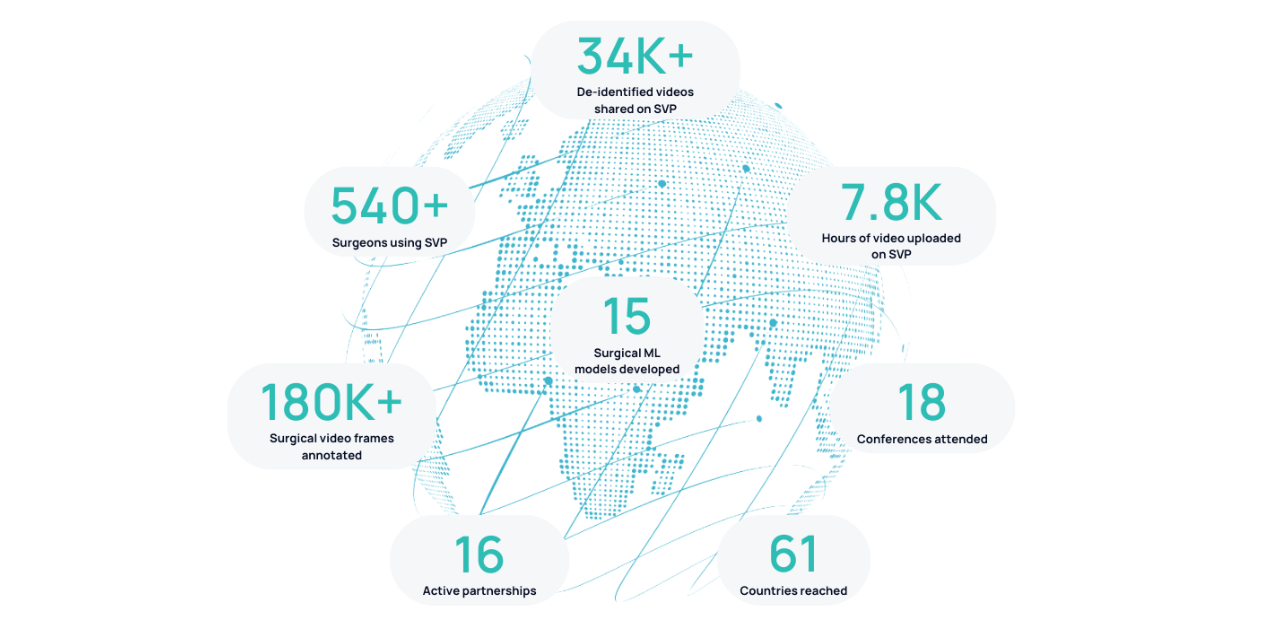
SDSC’s Data Science Roundtable with Dr. Hani Marcus – consultant neurosurgeon and associate professor at University College London (UCL) – shared his groundbreaking work applying computer vision to pituitary adenoma and skull-base surgeries. As a strong advocate for SDSC, Dr. Marcus outlined the concept of “Surgery 4.0”: leveraging everyday technologies that we’ve had on our phones for decades to improve surgical performance and patient outcomes. His team first established consensus on surgical steps and outcomes for pituitary tumor surgery, then subsequently trained their artificial intelligence (AI) models to recognize anatomy, instruments, and operative phases.
Their initial focus has been surgical coaching, using AI to structure feedback and improve OSAT scores among novices and experts alike. Their lab is now advancing real-time applications, such as decision support tools in theater, predicting next steps, and aiding the whole surgical team. By combining AI models with large language models, they envision systems that can assist surgeons in high-stakes decisions, like balancing tumor removal against functional risks.
Dr. Marcus emphasized that translating AI to live surgery requires pre-clinical testing, clear explainability, and user trust. He sees SDSC as essential to this progress – enabling large-scale data sharing and model validation. Although it’s a very nascent field, it holds enormous potential to transform surgical practice through data and collaboration.



.png)
.png)
